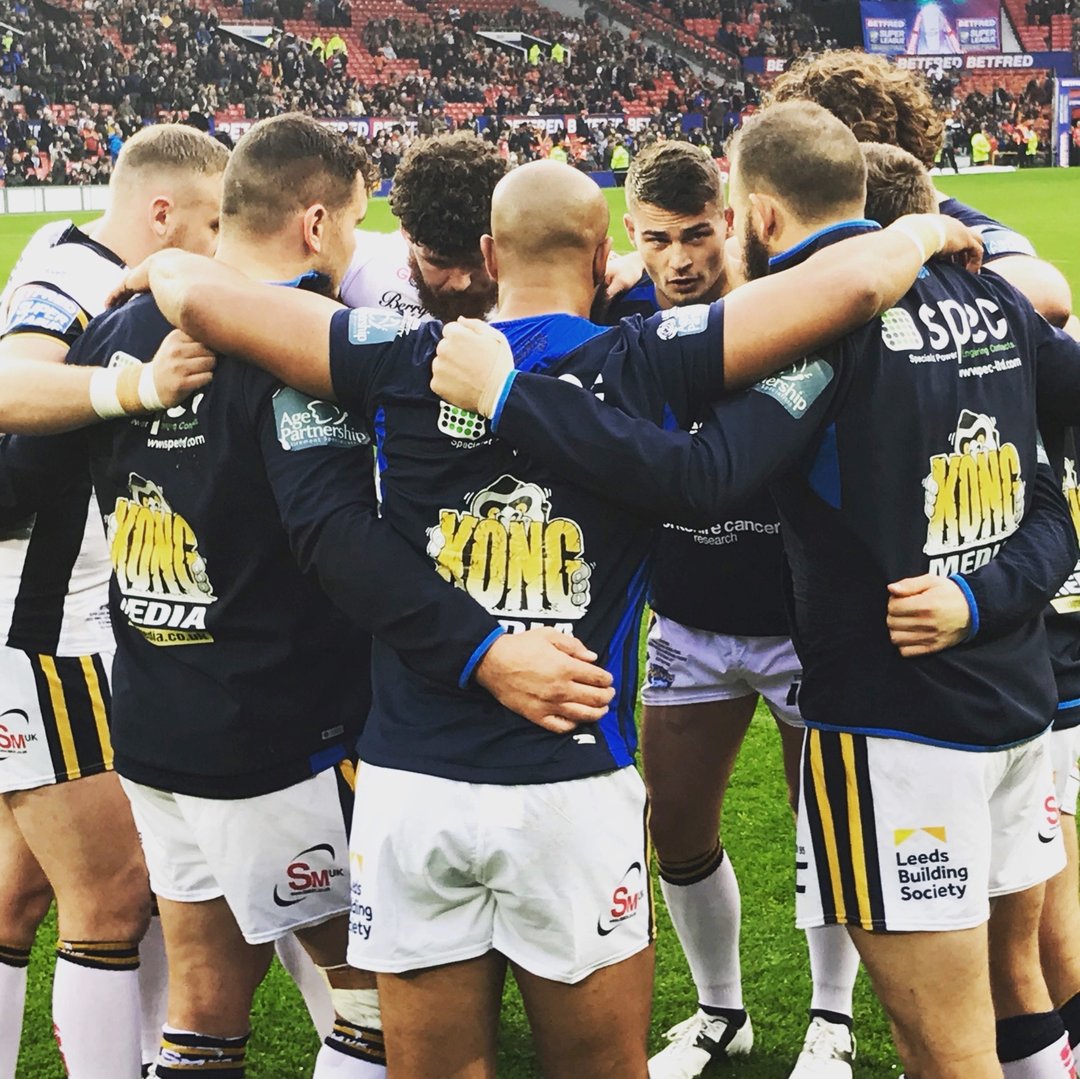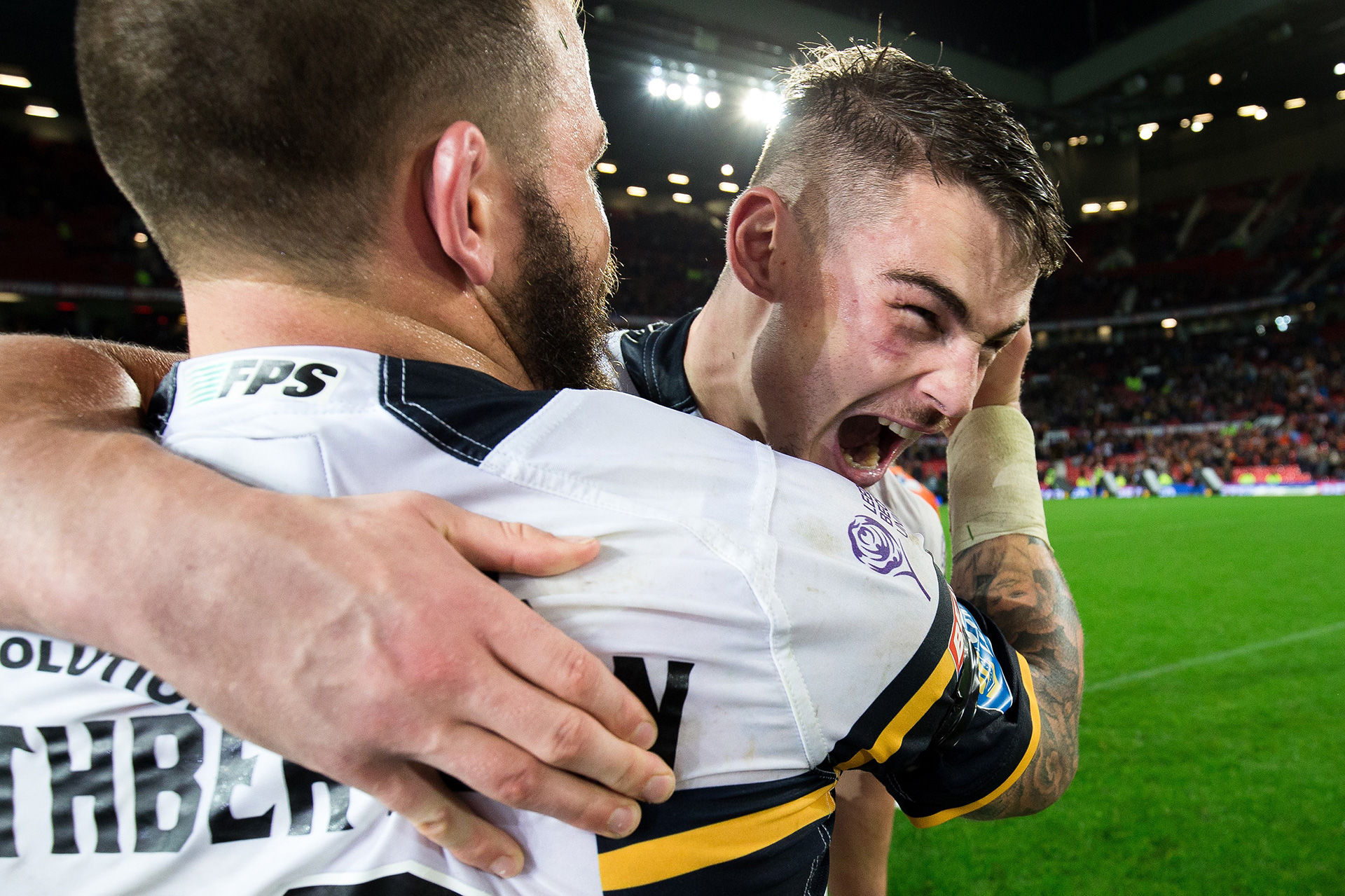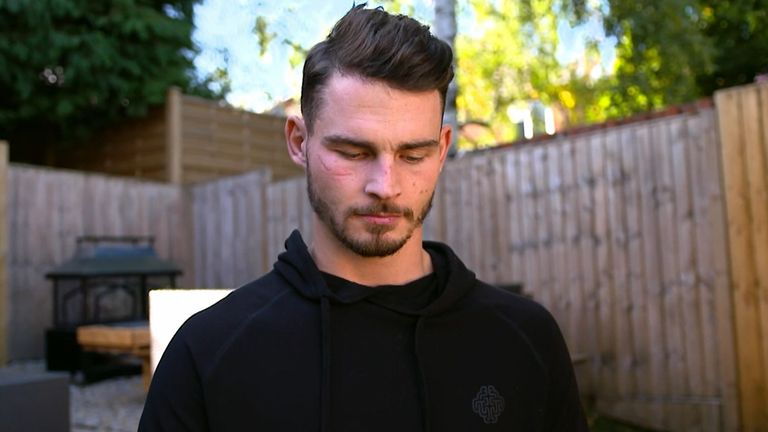Talking openly about my brain injury puts me on shaky ground and releasing the documentary makes me fearful. I’m vulnerable and exposed and I‘ve opened my family up to the same feelings.
My biggest aim was to paint an honest picture of my journey over the last 18 months. The truth is that I spent a lot of time asking “Why is it me that has to be going through this?”, “Why can’t I have one clear crack at being fit, playing Rugby with a smile on my face?”… But it’s not to be and as the injury has gone on I’ve lost the grip of those thoughts and the player and person that I was desperate to be. I’ve come to accept it.
The feeling of fear, anxiety and vulnerability that has come with releasing this documentary is similar to the feeling you get moments before walking out to play in a final.

You’re walking into something where you have hardly ANY control. You hope that you deliver what you know you can. You put yourself fully on the line, hoping that today’s not the day that you get the injury that stops you from playing ever again. Even more, you rely on your teammates to give you everything too.
You walk out of the tunnel, fully exposed. Fully on show. Ready to go to war. Ready to fight for something.
Right now, I’m fighting for something different. I’m doing it despite the fear of what others might think.
I don’t have all the answers when it comes to brain injury and contact sport but I hope to set us on a search for more of them. This is going to take all of us to go through the fear. To accept there’s a challenge ahead of us and that we must meet it head-on… We must tackle it and move through the hesitation and pre-match nerves. Because this could be the biggest playoff series for rugby league and contact sports that we have ever faced. If we want to stay in the game, it’s going to need us all to pull together.
The truth is, I feel that most young men need to go to war for something. Young men exercise risk, aggression, search for success and belonging in much more dangerous ways.

Sport provides opportunities. The best opportunity is perhaps how it makes you contribute the whole of what you are to something and makes others around you do the same. For me, that is the purpose that I live with every day. Without living through sport, who knows if I would have learnt to contribute the best of me to the life I lead.
So, as someone who has stepped on the field of battle in my own version of war many times, I ask that we stop fighting so many pointless battles on the training field and in the stadiums. Let’s cut down on the unnecessary quantity of games and contact in training. Let’s look after our players so that we can fully leave ourselves out there when it’s required, making the game an even greater spectacle. I ask that we take the brain more seriously, proactively in terms of all the things that we can do to look after it and reactively, when it’s injured. Again, this is going to require us to move through fear and against our instincts. Counterintuitively, this could be the bravest thing we do as a sport. We have the opportunity to make contact sport even better.
And for the debate of “they knew what they signed up for”, why don’t we start spelling it out for people. I remember signing up for a wage, an opportunity to play with childhood heroes and to make a name for myself, but I don’t remember understanding the complexities of dementia and concussion. There is ‘good’ and ‘bad’ in everything in life and the sooner that we can accept it and put things in place for the rollercoaster that awaits you in contact sports the better.
As I said, I don’t have the answers but I am proud that I’ve stepped into the arena again. I walk out of the tunnel committing to doing what I can to make the game the best it can be. I hope you join me as a teammate and commit to doing the same.
